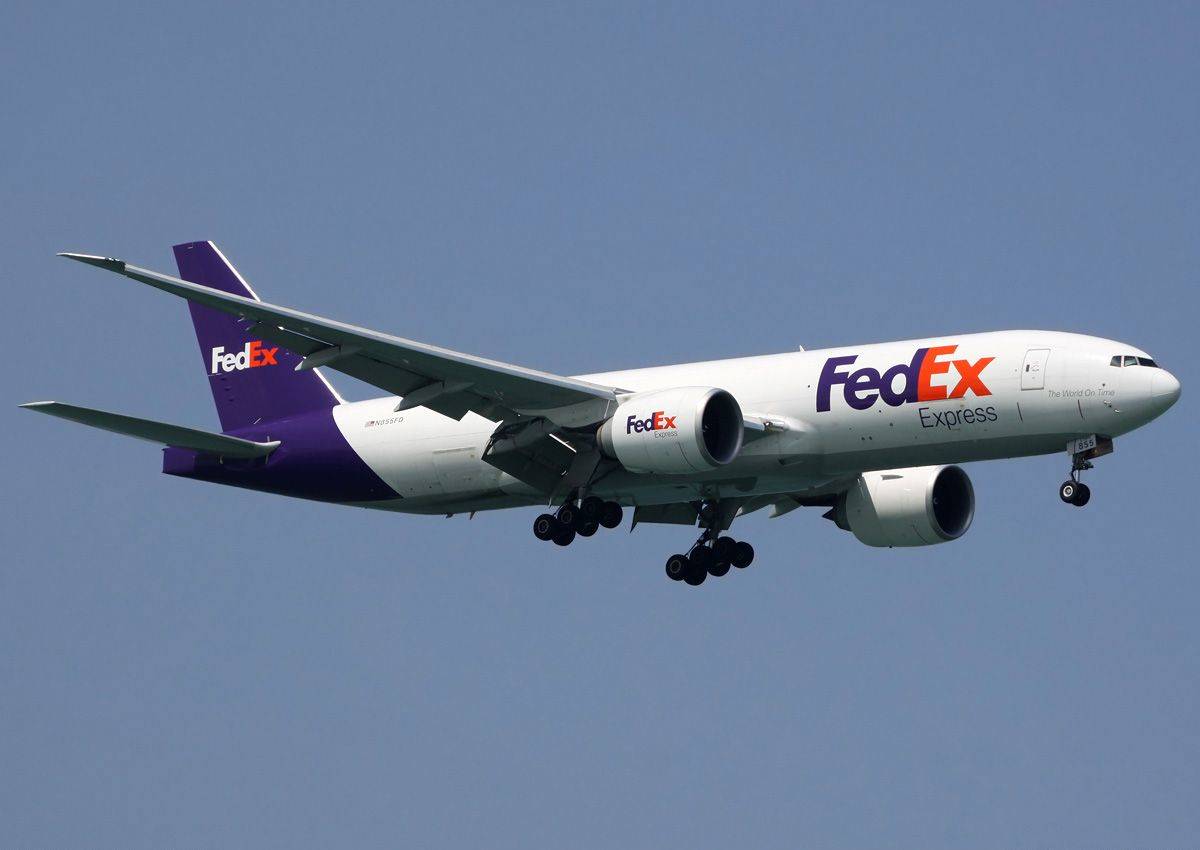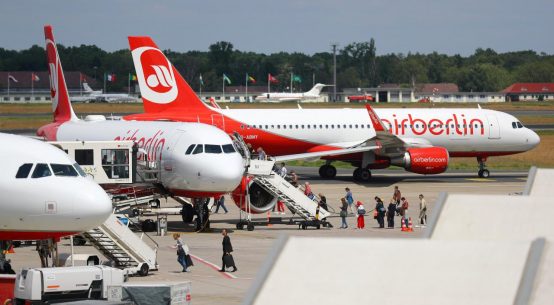
Fedex Boeing 777 FS2 Spijkers
The annual post-Thanksgiving Day tradition of Black Friday ushers in the ‘official’ start of Christmas shopping. Having originated in the US, it is fast becoming a global phenomenon with far-reaching effects on the supply chain, with online sales complementing high street spending.
ap_divider color=”#5942f4″ style=”double” thickness=”4px” width=”100%” mar_top=”20px” mar_bot=”20px”]
Imagine your Ad placed here
According to the BBC, this year’s Black Friday sales are set to hit record levels. UK consumers are predicted to spend almost £8bn over the four days from Black Friday to Cyber Monday, the news organization reported, citing research from VoucherCodes and the Centre for Retail Research.
The research also suggested British consumers would spend £1.15bn online on Black Friday alone – a rise of 15% over 2016 – with gifts, clothing and electronic goods featuring highly on their shopping lists. High street spending was forecast to reach £1.45bn for the day. (Traditionally, goods are on sale in shops on Black Friday and move online on Cyber Monday.)
There are geographical variations. Citipost Mail, for instance, predicts US spending will reach US$682bn on Black Friday. Across the Pacific, China’s equivalent (Singles Day, November 11) saw US$1bn in sales in the first five minutes alone according to MarketingProfs, which also pointed out that in South America, Cyber Monday is more popular than Black Friday.
A spokesperson for IAG Cargo observed that this year the carrier has seen “the highest ever demand air freight capacity” right across its network in the run-up to Black Friday.
“There has been a spike in consumer technology deliveries – particularly smartphones and related accessories – from Hong Kong to the UK, and fashion retailers have also been shifting significant last-minute volumes from India into the US and UK,” the spokesperson said.
Numerous forwarders have reacted in various ways to the rapid increase in e-commerce; DHL Express, for example, has announced a €335m expansion plan for its Central Asia Hub (CAH), in partnership with the Airport Authority Hong Kong, in anticipation of continuing growth in this sector.
Flexport, meanwhile, recently chartered extra airfreight capacity for the peak season (starting November 19) in the wake of “exponential growth” in e-commerce and concerns about high demand for space. “Waiting until room frees up is not an option for most companies,” the forwarder said.
UPS, on the other hand, recently partnered with Shopify to make UPS’s premium services available to small businesses.
“Just in time for the holiday season … Shopify’s hundreds of thousands of small US businesses will now receive competitive, pre-negotiated domestic and international rates that save on list prices, along with a streamlined shipping and fulfillment solution,” UPS said.
Shopify is running a support line until the end of November, offering advice for merchants – with particular emphasis on Black Friday/Cyber Monday shipping preparations.
While e-commerce has been seen as a disruptive and potentially damaging force for the airfreight supply chain, the fact remains that this mode offers a level of flexibility that others simply cannot provide. As such, it stands to profit from events such as Black Friday/Cyber Monday which involve spikes in online sales.
Follow us on TWITTER for more Logistics News Follow us on FACEBOOK for more Logistics News
“The benefits of airfreight, namely its speed and reliability, allow retailers to be more agile in reacting to last-minute upswings in consumer demand,” the IAG spokesperson pointed out.
“We have invested heavily in our hub in London Heathrow in preparing for our peak season and are working closely with our customers to ensure we meet their every need at this busy time.”










